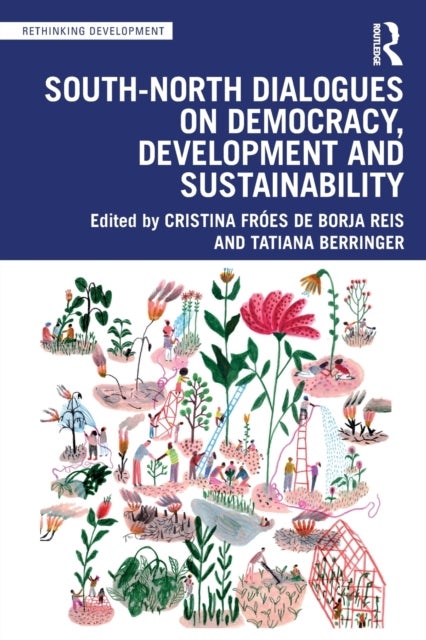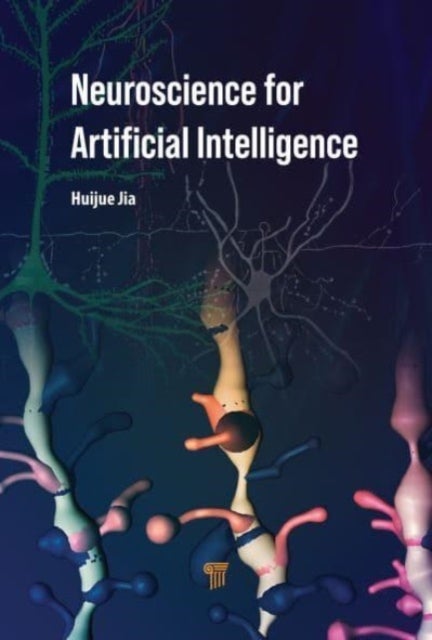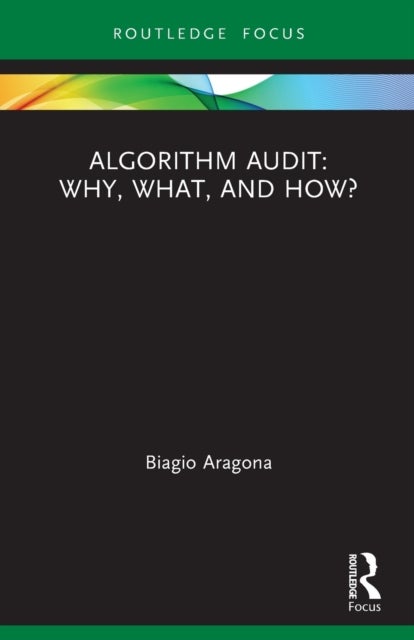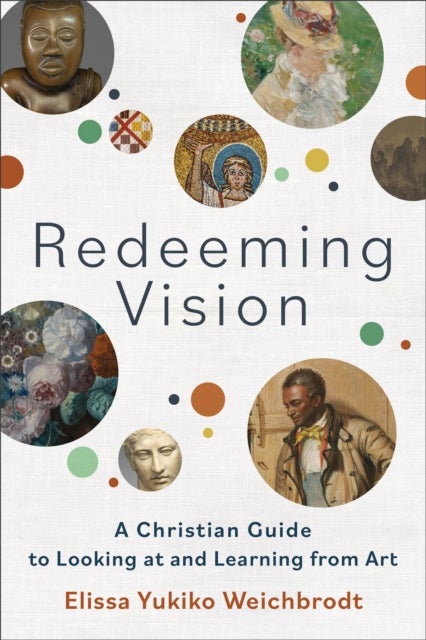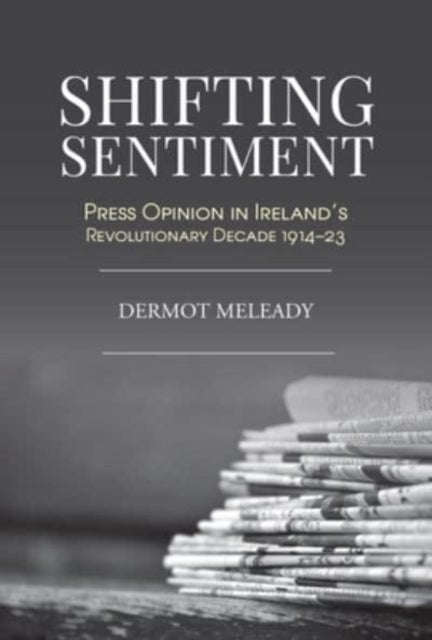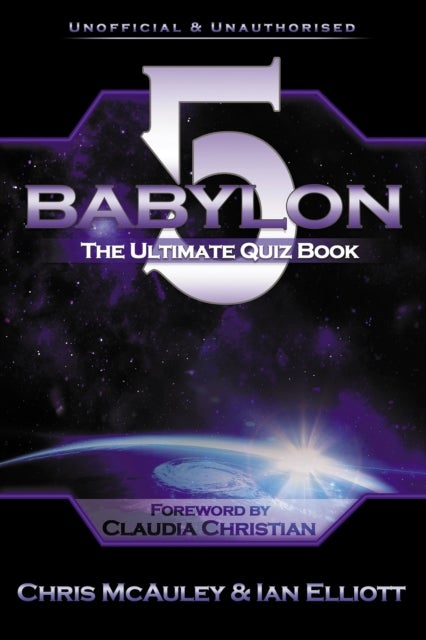
The Fourth Eye
349,-
<DIV><P>From the signing of the Treaty of Waitangi between Indigenous and settler cultures to the emergence of the first-ever state-funded Maori television network, New Zealand has been a hotbed of Indigenous concerns. Given its history of colonization, coping with biculturalism is central to New Zealand life. Much of this “bicultural drama” plays out in the media and is molded by an anxiety surrounding the ongoing struggle over citizenship rights that is seated within the politics of recognition. <EM>The Fourth Eye</EM> brings together Indigenous and non-Indigenous scholars to provide a critical and comprehensive account of the intricate and complex relationship between the media and Maori culture. </P><P>Examining the Indigenous mediascape, <EM>The Fourth Eye</EM> shows how Maori filmmakers, actors, and media producers have depicted conflicts over citizenship rights and negotiated the representation of Indigenous people. From nineteenth-century Maori-language newspapers t

